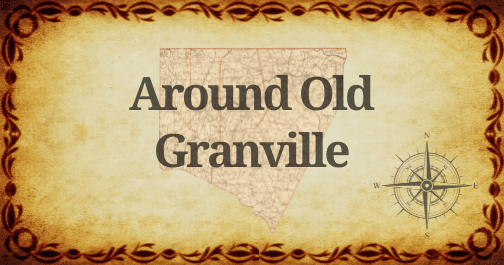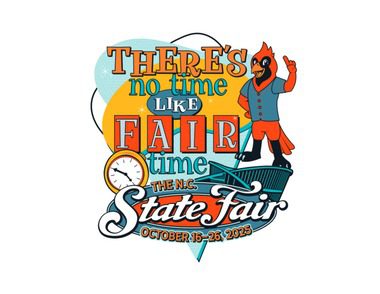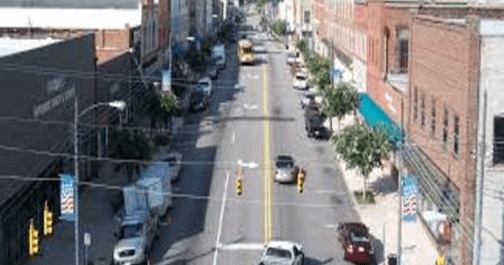Middleburg may not fit the modern definition of a “planned community,” but following its incorporation in October 1875, it did enjoy some of the same amenities that today’s planned communities have: schools, stores, restaurants and homes.
Mark Pace, local historian and North Carolina Room specialist at Oxford’s Thornton Library, said the Hawkins and Yancey families planned Middleburg, which got its name because it was the midpoint between Raleigh and Gaston, the two terminals for the Raleigh & Gaston Railroad.
“Like so many other communities around here, it didn’t exist until the railroad came through,” Pace said on TownTalk’s tri-weekly history show with Bill Harris.
Patriarch Philemon Hawkins, lived from 1717 to 1801. Numerous descendants figured prominently in North Carolina history.
One son of Philemon Hawkins III was John Davis Hawkins, who lived in Gillburg near the site of the prison camp. He served for 51 years as a trustee for UNC. His brother, William, was the 17th governor of North Carolina.
It was John Davis Hawkins, Pace said, who was “the mover and shaker who got the first railroad to come through.” They put up the money for the railroad, and Pace said any member of the Hawkins family could ride for free.
The Hawkins family lived at Pleasant Hill, which still stands today. And there is a family cemetery located there.
Sarah Hawkins Jordan was a Black woman born at Pleasant Hill. She was a midwife for 75 years, Pace said, and is said to have helped deliver 2,000 babies. Her husband, John Clark Jordan, was a successful farmer in the area, and she was an assistant to physician Joseph Warren Hawkins.
“She was noted for her medicinal abilities,” Pace said. When their son was stricken with blood poisoning, the hospital physicians said he would likely die. Not willing to accept that as an option, “she used her old-timey recipes and came up with a concoction – wild berries and such – and he recovered,” Pace said.
Those familiar surnames – Hawkins, Yancey, Henderson, just to name a few – seem to pop up frequently when delving into area history and genealogy, but do you know the connection between Middleburg and Shearon Harris nuclear power plant?
- Shearon Harris was the son of a Baptist preacher from Middleburg. He became president of Carolina Power & Light, and Pace said “he was a big fan of nuclear power.” The power plant was named for Harris when it opened in 1987.
Then there’s Albert A. Anderson, who operated a private academy in Middleburg in the early 1880’s. But he became interested in medicine, became a doctor and in the early 1910’s director of Dix Hospital. He preferred the use of occupational therapy over drugs to treat the mental health issues of the patients there.
CLICK PLAY!


















